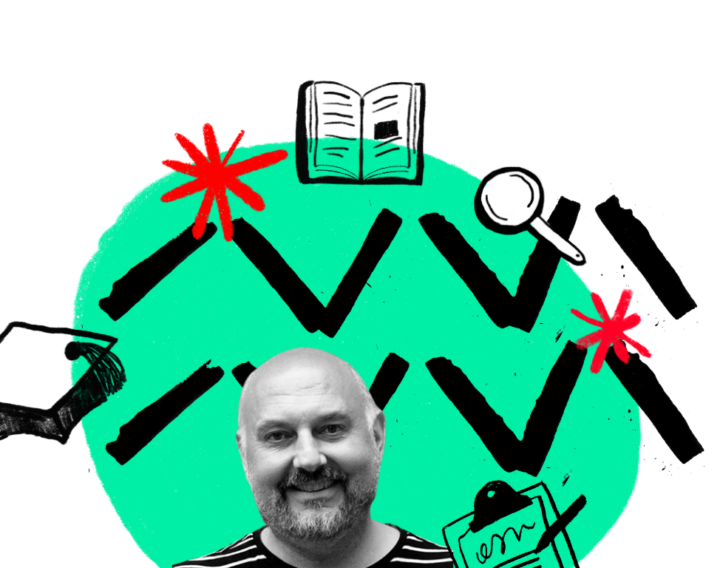
Sharing knowledge for better mental health services
Exciting developments with Public Policy Lab and ‘Design Patterns for Mental Health’.

We’ll be working in partnership with Barnado’s to develop a library of best-practice guidance for developing digital mental health products for young people.
We’re able to do this because we’ve been allocated some of the funding from the Nominet #RESET online Mental Health funding Programme. This was set up with the aim of helping national charities increase the reach and impact of their mental health services.
At least 1 in 8 young people report struggling with mental health issues, with 99% of them spending at least an hour a day online. NHS services have been struggling to meet the demand, and over half of young people state there is no ‘adequate’ mental health support for them. It’s no surprise then, that there’s a growing interest in how digital can meet the increased demand across the public, private and third sector.
There’s been an explosion of new apps, digital channels and experimental technologies being used to connect with users on mental health and other challenging topics. At Snook, we’ve been experimenting – exploring what digital can do in this area throughout several project collaborations.
In 2015 we worked with the Department for Education, Kent and Portsmouth University to explore new ways in which virtual reality could be used to create safe rooms for young people. It would allow them to work remotely with social workers to discuss traumatic experiences and prepare for leaving care.
Across 2013 to date, we’ve worked with Young Scot, Mental Health Foundation and NHS Greater Glasgow and Clyde. explored how technology and social media has affected young people’s mental health and built a range of prototypes to address this, including our launched information and guidance service, Aye Mind.
More recently, we’ve been working with Samaritans and clinical experts in the development of a self-help tool, which will give people resources to cope with suicidal thoughts and make an ongoing support plan so they can stay safe in a crisis.
From working with charities like Addaction and Samaritans we know there is a huge amount of knowledge about what works in practice. When it comes to the delivery of digital and holistic multi-channel services, we’ve learned by doing. We know what works (and what doesn’t!)
The question is, how can we share this knowledge to design and deliver better services at scale? We’re seeing some poor products enter the market. They’re making which could be avoided by building on the rich knowledge that the charity or public sector often holds.
To address this, we started working with Public Policy Lab and an open community to develop a prototype of a free, public domain set of patterns for the design and delivery of digital services that address mental health needs. We launched a prototype in 2018. This was very much a first iteration to explore how a best practice library could work.
We needed more funding and, crucially, the support and expertise of a charity with experience of providing services to young people to work with. Partnering with Barnado’s and the #RESET funding is enabling us to develop the library’s full potential. We’ll expand it, creating a dedicated section for young people and of course testing to ensure it really works. The aim is is to make sure young people who need support can access it wherever they are and organisations that deliver it can tell that it’s working.
As well as Barnado’s, the other organisations receiving funding include The Mix, Chasing the Stigma, YoungMinds, stem4, Nightline Association and The Anna Freud National Centre for Children and Families. They will deliver a range of activities, including improving signposting online, developing new digital products and digitally transforming their organisation to meet demand.